Governance is a framework of agreements designed to free up individual and organizational capacities in service to the interactions of...
English Issue 37/2024
English Issue 37/2024
“What can I know? What can I do? What can I hope for? What is the human being?” Immanuel Kant posed these questions as the great questions of philosophy and life in his lectures on logic in the 1760s. Almost 30 years later, he reiterated these profound ruminations in his Critique of Pure Reason and in a letter. The founder of modern philosophy was born on April 22, 1724 and would be 300 years old now. While philosophy back then was a discipline of the few, today it permeates every area of life and makes everything and everyone a question—a good reason to celebrate this great mind in this week’s issue, among our other thought-provoking articles.
Immanuel Kant is celebrating his 300th birthday! What better reason to follow the thoughts and insights of the founding father...
Marginalia from the life and work of Rudolf Steiner. In his lecture of July 11, 1916, Rudolf Steiner described in...
Nieheim, Germany. A Goldsworthy on biodynamic land. British artist Andy Goldsworthy is internationally renowned for his land art. Since 1989,...
Between 1916 and 1925, Paul Klee created some 50 hand puppets for his son Felix Klee, some of them made...
Similar methods are used to measure the electromagnetic fields that help us understand the heart and understand the sun. Space...
Ecstasy and asceticism are states of the human soul in which nearness to God plays out. They are extremes that...
Alfter, Germany. The Institute for Regenerative Economy (“Institut für Regeneratives Wirtschaften”, REGWI) at Alanus University offers training courses for refugee...
Monte Azul, Brazil. The Associação Comunitária Monte Azul is 45 years old. The Brazilian non-governmental organization runs an integrated slum...


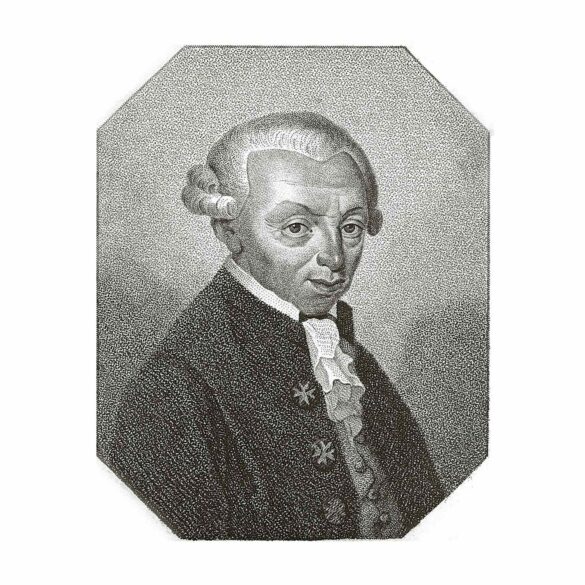
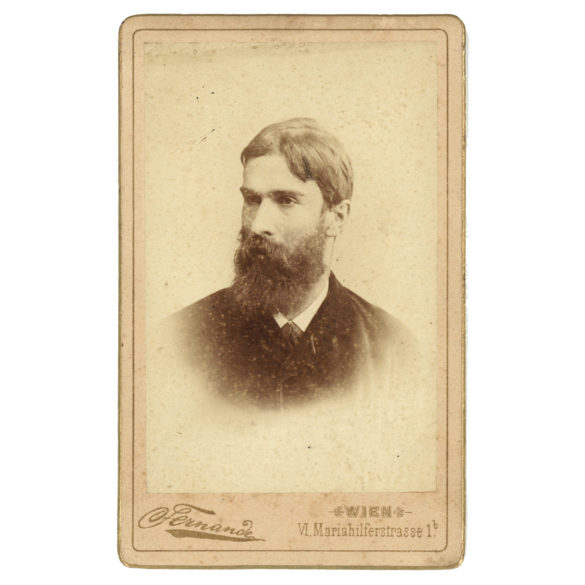

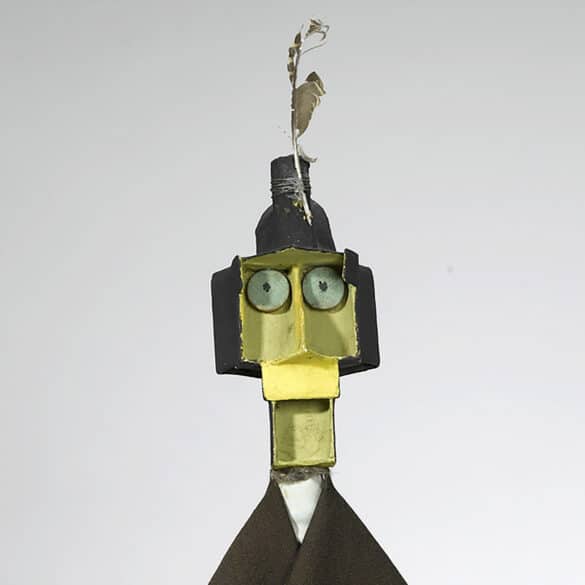
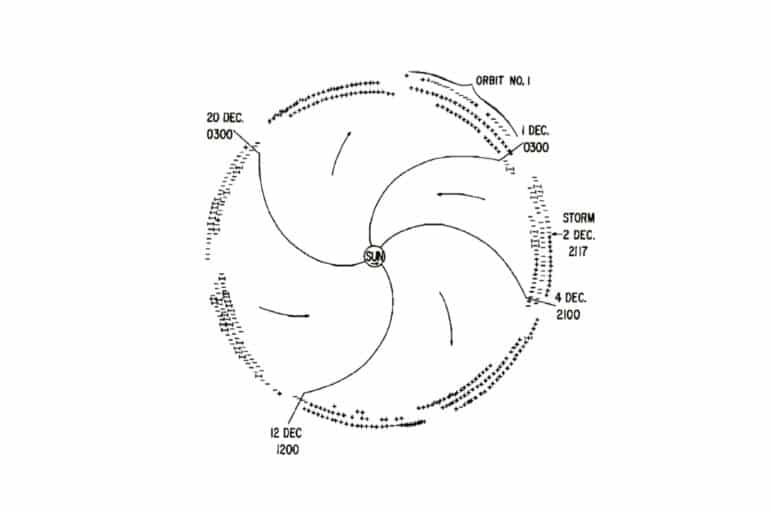
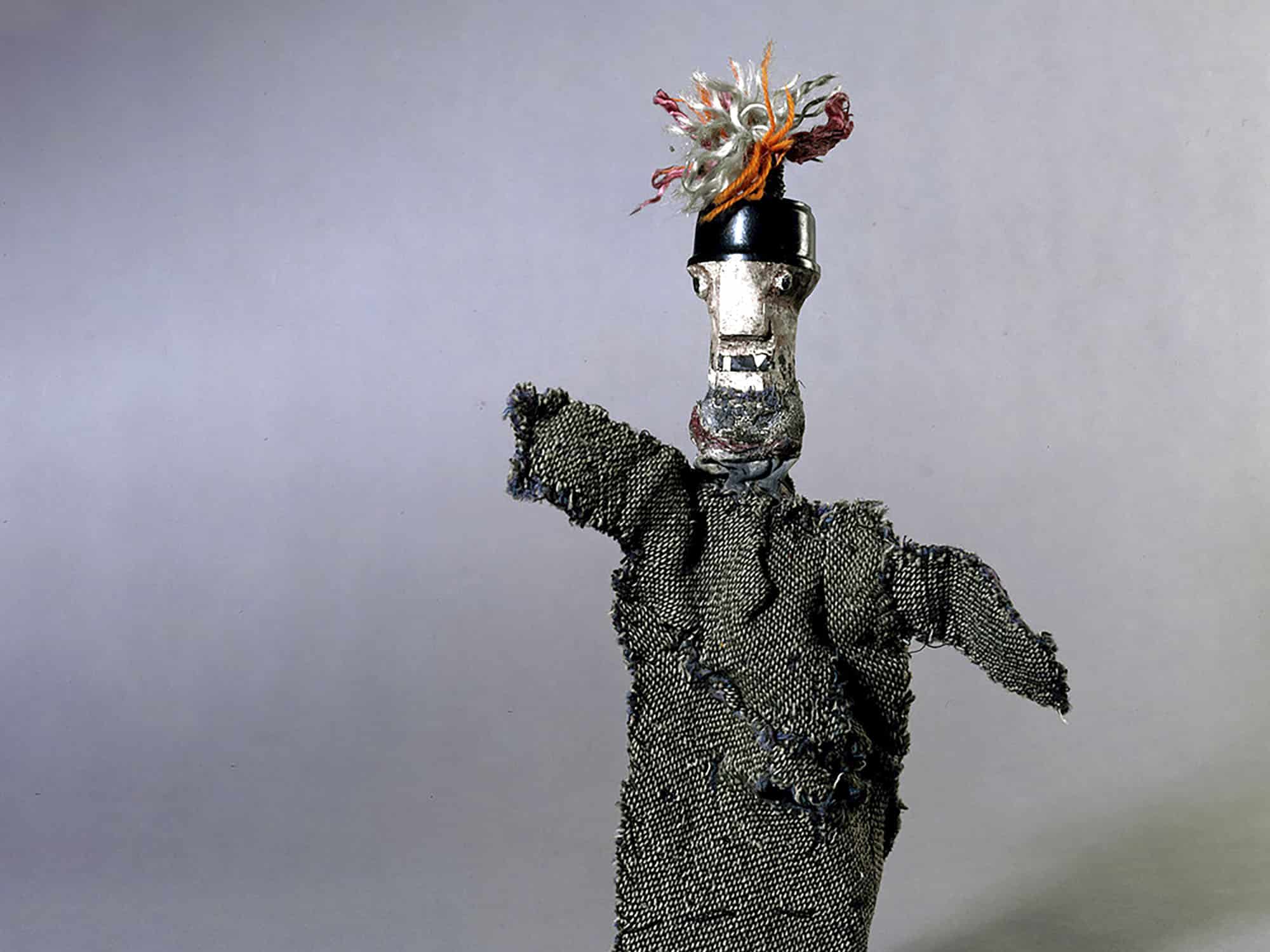
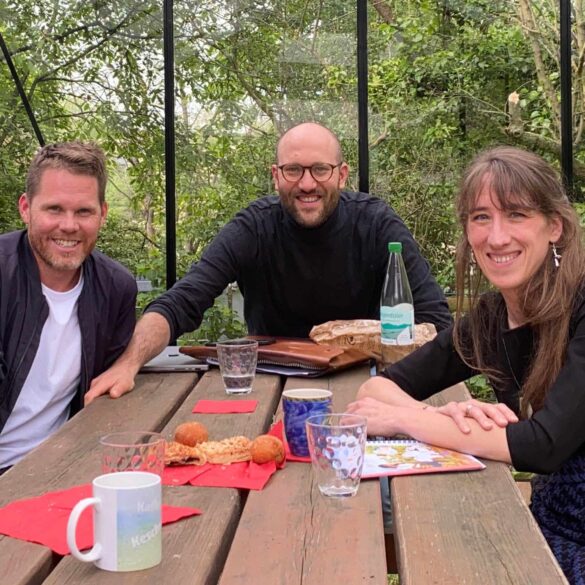
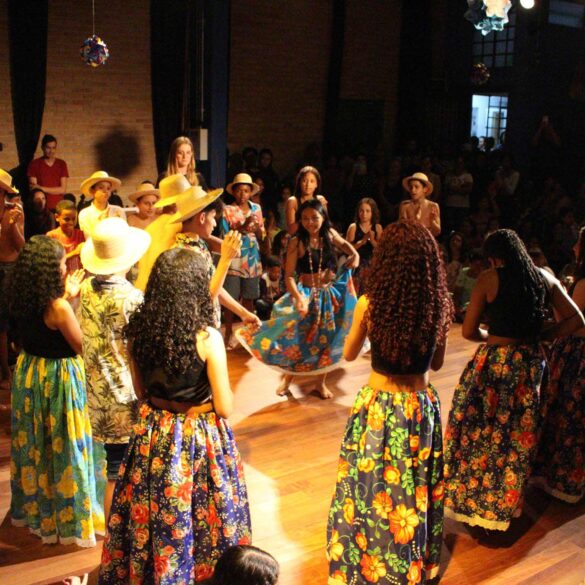

Letzte Kommentare